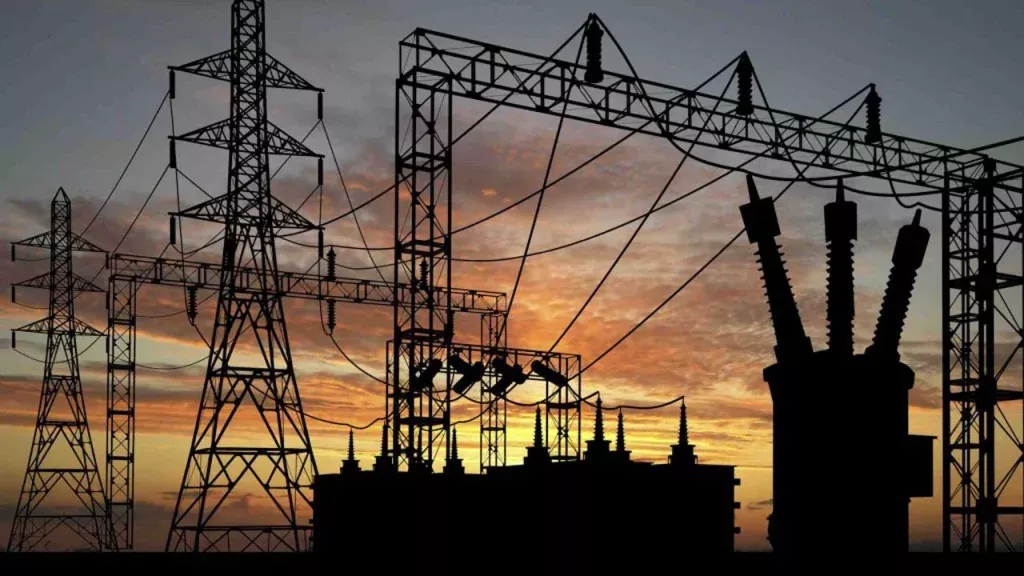Raising children can be a daunting task, but it is vital for the next generation’s survival. However, some parents or caregivers maltreat kids, leading to physical, sexual, and psychological abuse. This silent epidemic is widespread in developing countries, including Africa, where an alarming percentage of children suffer the consequences.
According to a 2011 study titled ‘Child Abuse In 28 Developing Countries,’ 83.2 per cent of African children suffer psychological abuse, 64 per cent face moderate physical abuse, while 43 per cent suffer severe physical abuse. These high figures are staggering and indicate that more work needs to be done, especially by policymakers, to address child abuse in Africa.
Child abuse comes in different forms, including domestic violence, emotional abuse, neglect, and exploitation. Domestic violence is the most common form of child abuse in Africa, and it often has lifelong consequences for the survivors. The abuser might be a parent, step-parent, guardian, or any person who lives with the child.
Emotional abuse is another form of child abuse where the abuser insults, belittles, or threatens a child. It often affects the child’s psychological state, leading to a lack of self-esteem, anxiety, and depression.
Neglect is also a form of child abuse that involves failing to provide a child’s basic needs, such as food, shelter, healthcare, and education. It is a prevalent form of child abuse in Africa and often leads to the child’s death.
Exploitation is a form of child abuse that involves using a child for work or financial gain. It is common in Africa, and many children are exploited, leading to child labor and trafficking.
Child abuse is a complex issue that requires a multifaceted solution. Governments need to enact and enforce child protection laws to safeguard children’s rights. Parents and caregivers also need to be educated on proper child-rearing practices to reduce instances of child abuse.
In conclusion, child abuse is a silent epidemic that plagues African children. It is a multifaceted issue that requires the collective effort of governments, communities, and families to address adequately. We need to create a safe space for African children to thrive and reach their full potential.



